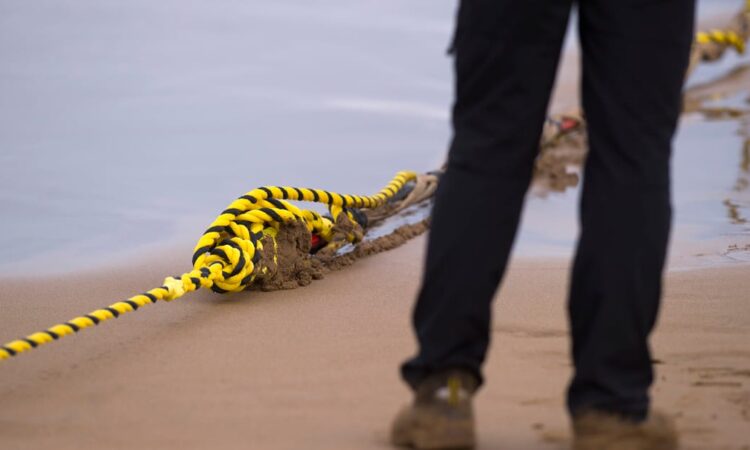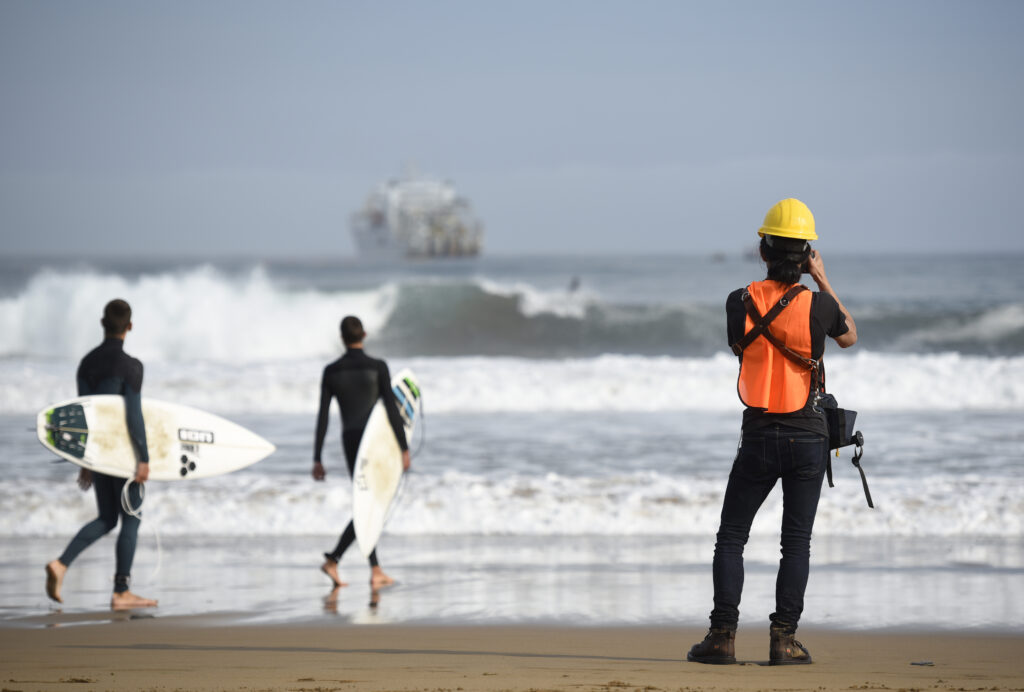
Subsea data cables carry most international data traffic and the EU’s smaller island nations — including Ireland, Cyprus and Malta — rely on them to communicate with mainland Europe. None of those countries has an extensive naval force.
EU worries about its data cables have been “exacerbated” by suspected sabotage of gas and data pipelines in the Baltic Sea,” the paper said.
“Russia’s war against Ukraine has had a significant impact on awareness about the security of communications networks,” the document said.

The Commission first wants to better map potential risks to the cable network and then calls on governments to upgrade security requirements, potentially to “defense-level standards,” and carry out regular stress tests, it said.
A task force of experts would check on how infrastructure may rely on high-risk suppliers — such as China. They would also draft a list of new cable projects the bloc needs to fill strategic gaps.
One hiccup: the EU might not have the cash to make these big plans happen.
The main financial tool supporting connectivity projects across the bloc, the Connecting Europe Facility Digital, “is not sufficient to incentivize private investment to cover these funding needs,” with a “less than €2 billion budget” for the 2021-2027 framework, the Commission wrote.
The EU paper lays out other ways to boost the budget, including asking member countries to foot the bill.






